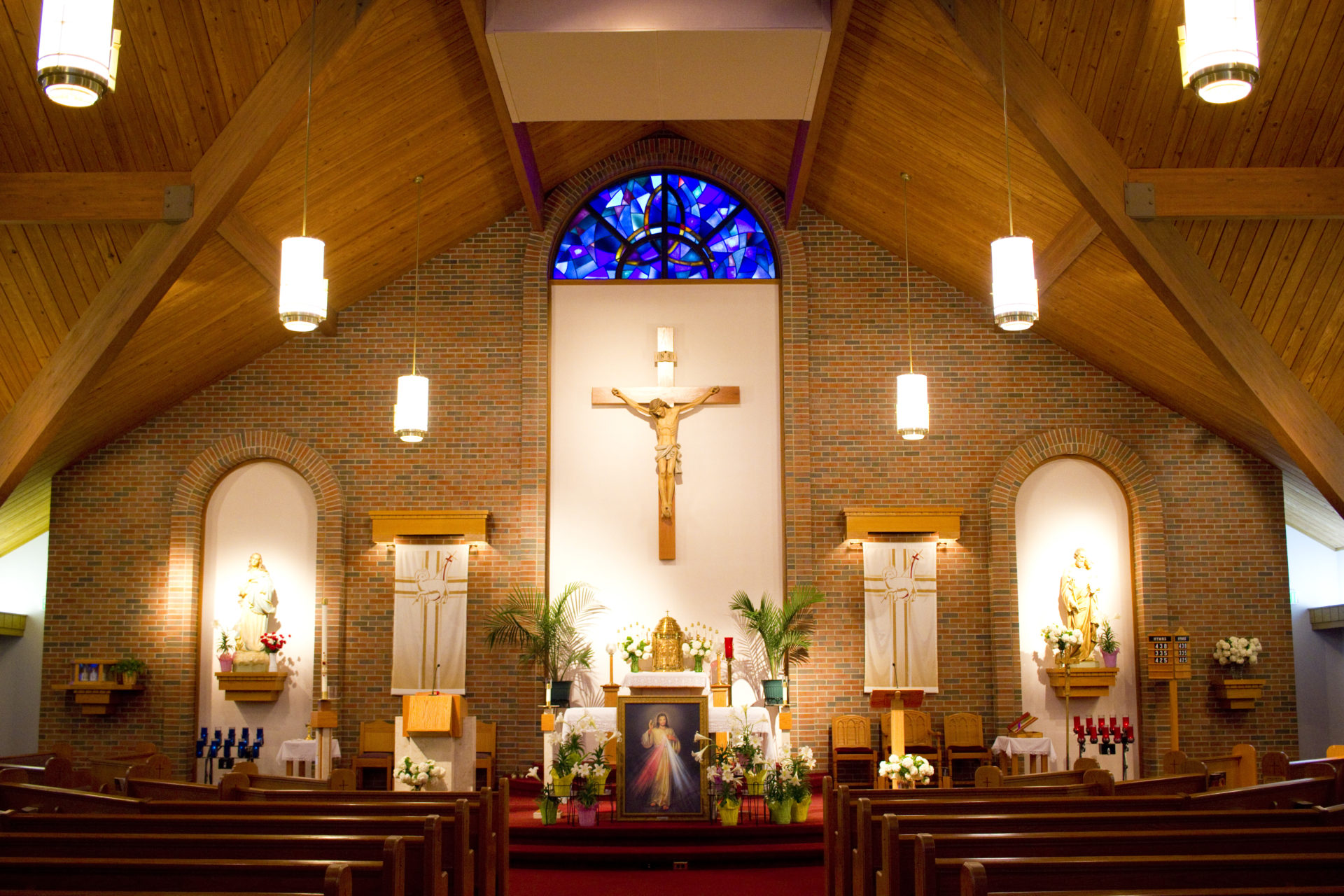As we approach Independence Day, the Fourth of July. I find myself feeling grateful. I am grateful to live in this great nation, I am grateful to all the people who scarified their lives fighting for our independence and I’m grateful to those who have fought to defend it. I am grateful to live in a democracy as a citizen and not a subject. It is amazing that our Founding Fathers back in 1776 founded a system of government: of the people, by the people, for the people. We are not ruled over by a king, dictator, or emperor, who tells us how to live our lives. I am so grateful for the many freedoms I enjoy, chief among them the freedom to express and practice my faith. And yes, there are still lots of problems with our governmental system. It’s not perfect, but let’s not allow the problems to distract us from the amazing security, prosperity, and freedom we enjoy.
But there is an important distinction to be made about freedom. And to make it, I like to use an analogy. A little boy sees a baby grand piano, and he can’t help himself, he has to play it. So he goes over and starts randomly banging around on the keys of the piano. And technically, he is playing the piano. But if he takes the time to learn from a master, if he takes the time to practice and become dedicated, then he becomes more free. He was free to bang around on the keys but after study, practice, and dedication he is not only free to play, but he is free to play beautifully. Simply put, freedom does not mean doing whatever we want whenever we want. That is not what the Founding Fathers intended.
With every right there is a concurrent responsibility. If we have a right to freedom and liberty, we must also assume the responsibilities attached to those freedoms. Think of any relationship you are in, friendship, marriage, family, career. There are rights, but there are also responsibilities. If you are in a family, you enjoy certain rights, you can walk in the front door and sit down on the couch, but there are also responsibilities. The kids have chores to do, someone has to take out the trash, and food doesn’t magically appear on the table. In every real relationship we have rights and responsibilities, and that is the price of being a citizen rather than a subject.
So how do we maintain these rights, how do we maintain our liberty? The founding fathers did a good job of ordering freedom. What they came up with is the Constitution. But how is it maintained? How do you maintain a free society?There is this political philosopher named Oz Guinness. I read some of his work in seminary, and he has a theory on how we can maintain our freedom. He calls it the golden triangle of freedom, and, of course, this triangle has three points. Freedom, virtue, and faith. Let’s not forget the Founding Fathers formed one nation, indivisible, under God. Faith has always, from the very beginning, been understood as an essential part of liberty and freedom.
And virtue requires faith. If you are going to be a person of virtue, a person of character, a person of honesty, integrity, courage, that kind of person who is virtuous not only in public but also in private when no one is looking, if you are going to be that kind of person, faith is necessary. Now the Founding Fathers did not say what kind of faith you should have, but to be a person of virtue you need to have an understanding that there is more to this life than just this life. John Adams once said, “The only way democracy can ever thrive is among a religious people.” Why? Because if a people is not religious and you want to maintain order, you have to have more laws to keep the people in order. But if you are a religious people, you don’t need as many laws, because even if the government makes an error instituting a law or neglects to do so, God is still there. And you have a higher law to answer to that is even above government. A religious people is constantly striving to refine its moral compass to adhere more closely to the will of God. So virtue requires faith.
But in order to exercise that faith, we also need freedom. We need the freedom to choose for ourselves that virtue. Virtue requires faith, faith requires freedom, and freedom requires virtue. The golden triangle. So the question must be asked, how long can freedom continue without faith and virtue? Our freedom gives us real rights, but there are also real responsibilities. We don’t need to be preoccupied with what is happening in the White House. We should be more preoccupied with what is happening in our own houses. If you instill virtue in your family, faith will follow, and freedom will be maintained. So this Independence Day, give thanks to God for the many freedoms you enjoy. Enjoy your time with your family, shoot off some fireworks, and have a hot dog or hamburger. May God bless you, God bless your families, and God bless the United States of America.

